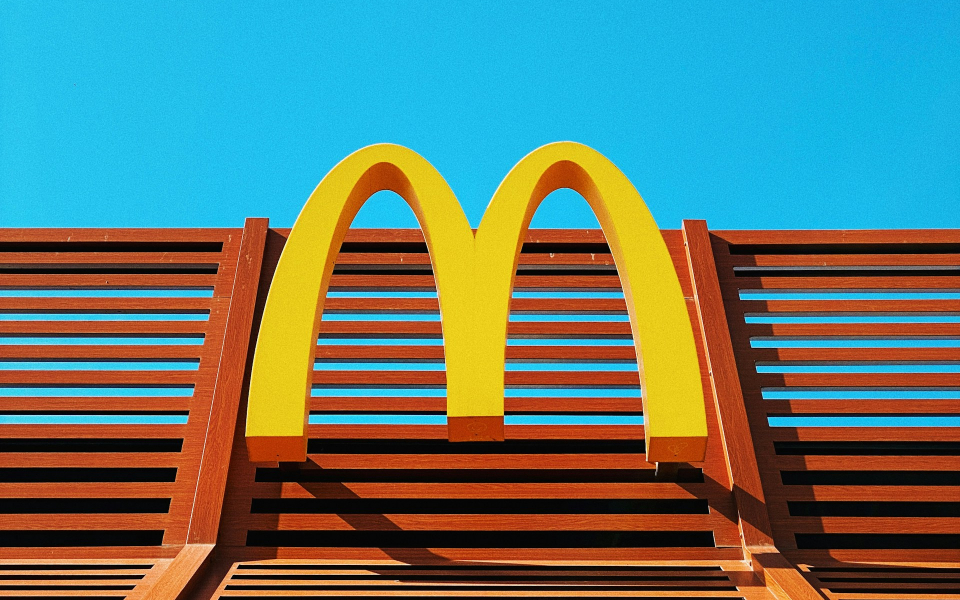It appears that the iconic fast food chain, known for its Golden Arches, is no longer offering Happy Meals and has faced criticisms from customers due to its price increases. Here's what you need to know:
Since the first McDonald's
Reports of the price increases surfaced on social media, highlighting the impact of inflation on the fast-food giant. Data revealed that five of McDonald's most popular items experienced a staggering increase of 141.4%. For example, at the end of 2019, one medium serving of French fries cost $1.79, and by mid-2024, the price surged to $4.19, which is a 134.1% increase. Some popular items experienced an even more staggering increase of over 200%. These included the McChicken, which went from $1.29 to $3.89 (201.6%) and the classic cheeseburger, which increased from $1.00 to $3.15 (215%).
Similarly, the iconic Big Mac meal also surged from $3.99 at the end of 2019 to $7.49 by mid-2024, reflecting an 87.7% price increase. Earlier in the year, a Connecticut-based McDonald's faced consumer anger over its "outrageous pricing." The outlet was charging $17.59 for a Big Mac meal, citing rising labor costs, insurance, and equipment as the culprits.
Another study conducted by FinanceBuzz also found that the fast-food chain has been increasing menu prices by eye-watering amounts. The study found that McDonald's was one of 13 restaurants in America that have raised their prices by at least 60% between 2014 and 2024. This is almost double the national rate of inflation of 31%.
These reports have reached the fast-food chain, and Joe Erlinger, president of McDonald's USA, released an open letter addressing the reports on social media. In his letter, Erlinger has emphasized that the increases are not as drastic as the reports suggest and that there has only been an average increase of 40% in menu items. Erlinger, however, does not shy away from acknowledging that the rising menu prices have indeed put a strain on Americans.
"Americans across the country are making tough calls about where to spend their hard-earned money, and while we've been working hard to make sure our fans have great reasons to visit us, it's clear that we, together with our franchisees, must remain laser-focused on value and affordability." Wrote Erlinger.
Erlinger also addressed the claims of a Connecticut outlet charging $18 for a Big Mac, revealing his frustration at the franchise but stressing that this was the exception and not the rule.
McDonald's CEO Chris Kempczinski has also weighed in on the price increase claims and has admitted that inflation has been the cause of increases and that eating out at the fast-food chain is now a luxury.
"Eating at home has become more affordable. The battleground is certainly with the low-income consumer," said Kempczinski.
Erlinger echoes this and attributes the price increases to the rising costs of running a business, "Inflationary pressures have affected all sectors of the economy, including ours."
Consumers in the Golden States have been warned to brace themselves for additional price increases due to California Gov. Gavin Newsom signing a new minimum wage increase for fast food workers to $20 per hour. Minimum wage hikes are expected across the country as well.










